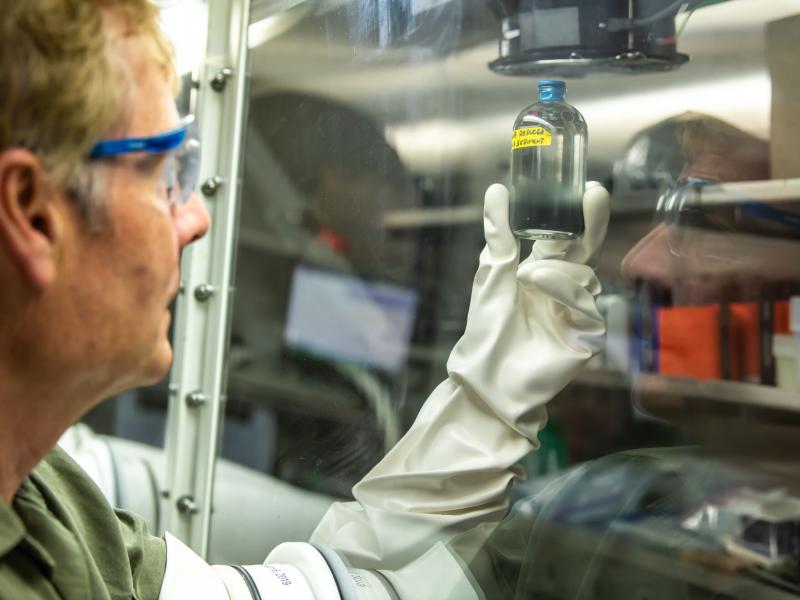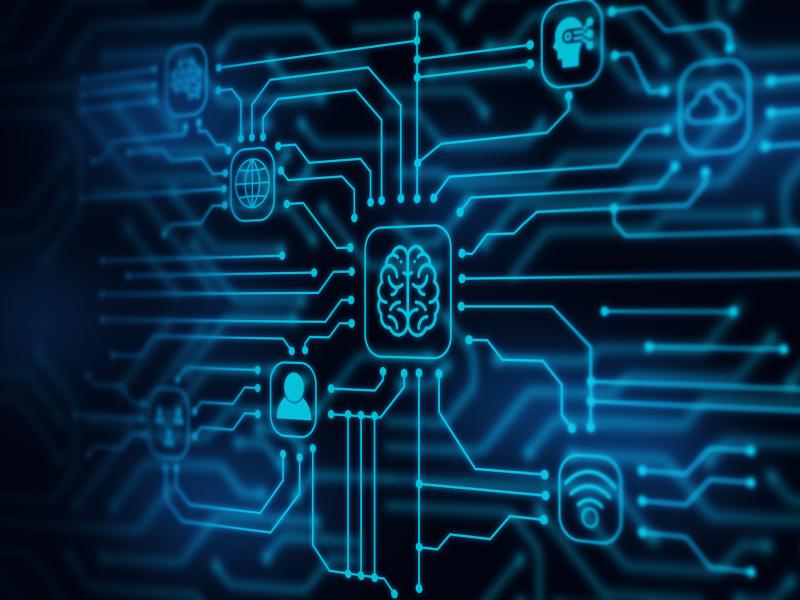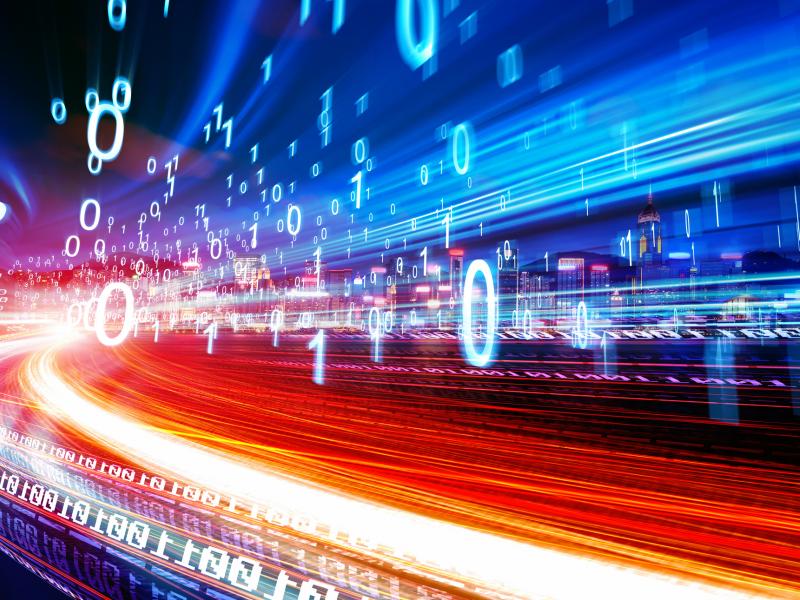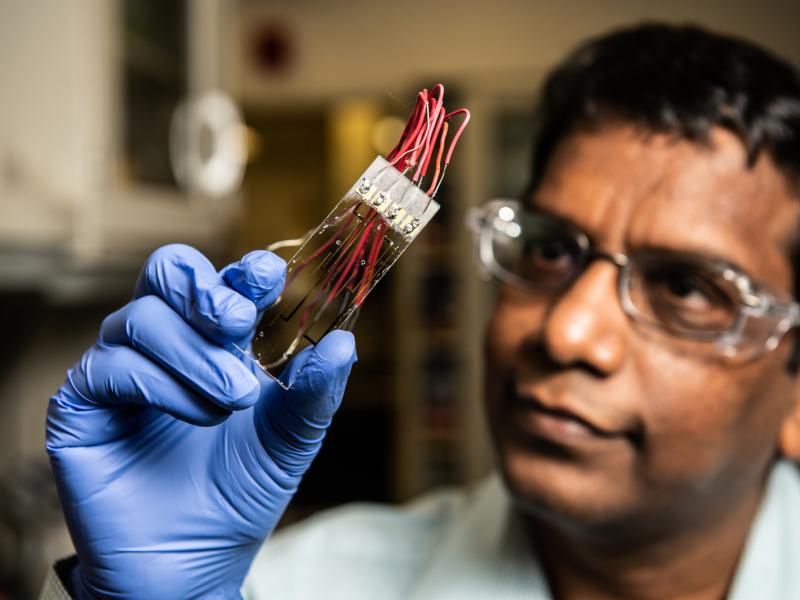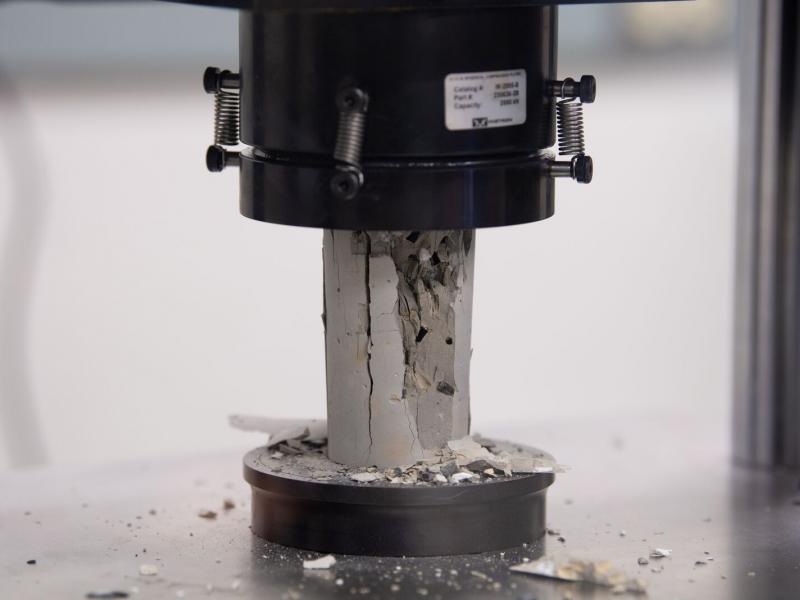Research Capabilities
Drawing on diverse technical expertise and capabilities from across PNNL, we are poised to lead creative and multidisciplinary solutions for the complex, rapidly evolving space challenge.
Power and Energy/Space Nuclear Power
Everything we do in space will require the generation, storage, and management of energy. PNNL is a recognized leader in power and energy systems—from nuclear energy; to the planning, operation, and protection of electric grids; and to the integration and storage of renewable energy.
Environmental Monitoring, Control, and Remediation
The harsh environment of space requires advanced environmental monitoring, control, and response—as well as the extensive monitoring and support of human health. PNNL has broad research capabilities in environmental safety, monitoring, and remediation to support operations in new and different environments.
Computing, Automation, Data Analytics, Artificial Intelligence/Machine Learning
These capabilities are needed for every aspect of space operation and safe space travel—from optimizing habitat configurations, to managing power and conducting unmanned operations. Off-world operations will rely on advanced computing capabilities to make sense of indications, predict consequences, and proactively deploy protective maneuvers.
Communications
Everything we do in space will rely on timely, reliable communications. The space communications infrastructure underpins mission data and voice communications, enables telemetry and the transmission of commands, and makes timing and navigational data available.
Sensors and Sensing Instruments/Intelligence
Traveling in space will require sensors that monitor for everything from habitability to collision avoidance. At our destinations, sensors will be needed for people, oxygen, equipment, food supplies, water, communications channels, and more. Survival and operation require detailed intelligence about everything that could affect us.
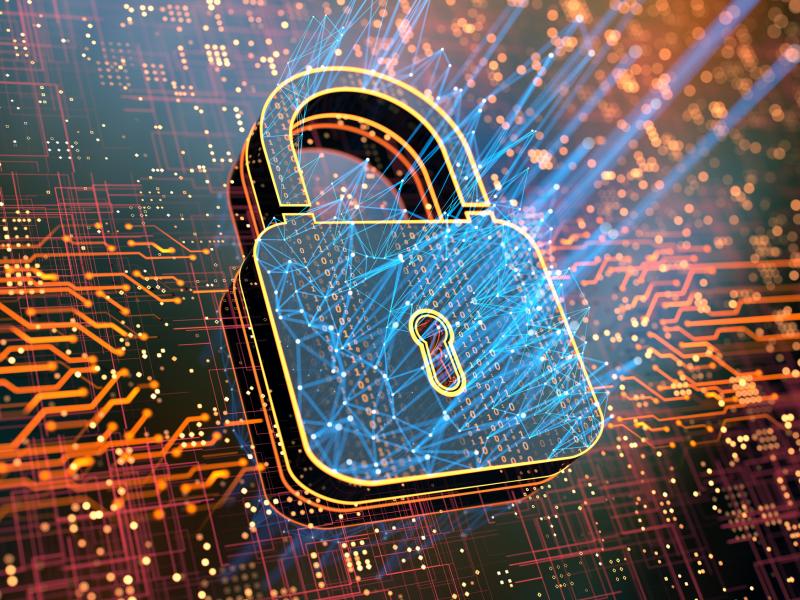
Digital (Cyber) Security
Space systems and operations require extraordinary levels of resiliency. Their reliance on digital systems and computing technologies makes them vulnerable to malicious activity that can degrade, deny, disrupt, or even destroy space operations.
Materials and Advanced Manufacturing
Stronger and lighter materials are needed for travel to the far reaches of space. Destination activities in space will also need a variety of durable, radiation-resistant materials and the ability to quickly manufacture parts and supplies while in space.
Natural Sciences
Activity in space and on new worlds requires exquisite knowledge and understanding of nature’s phenomena. Research, discovery, and innovation in the life sciences and physical sciences are crucial to our success in all aspects of space exploration.

